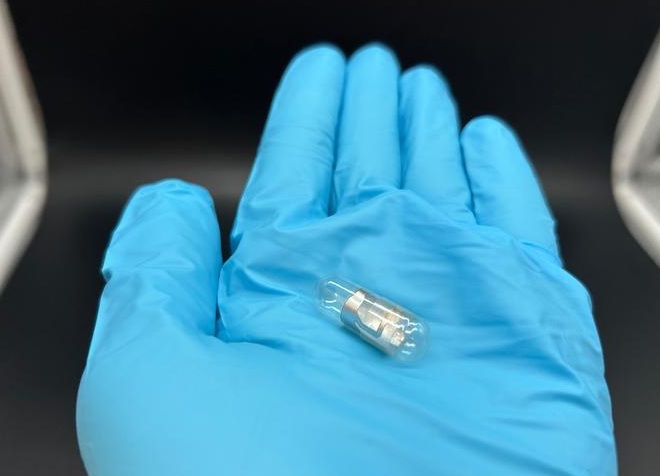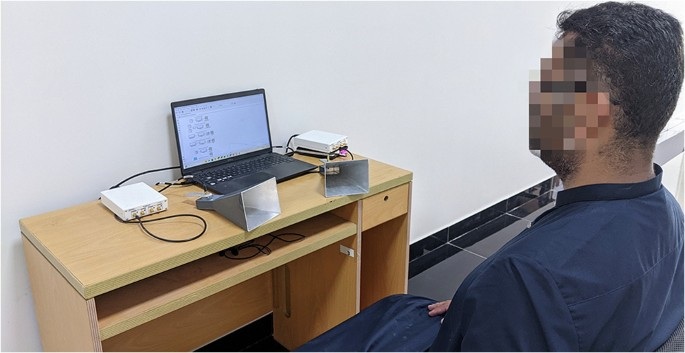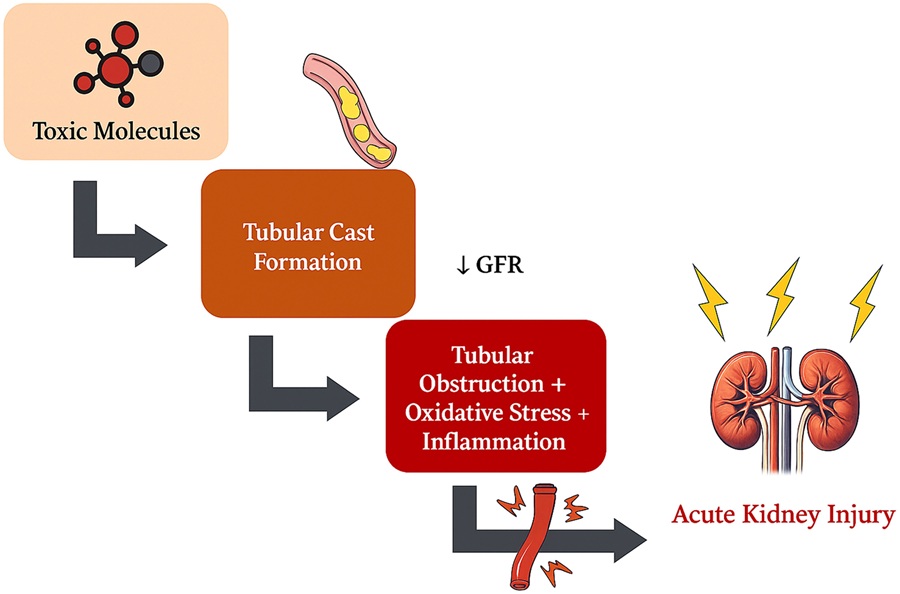Statin Use Reduces Cardiac Surgery Complications
|
By HospiMedica International staff writers Posted on 20 Jan 2016 |
Statin use both before and after coronary artery bypass grafting (CABG) surgery could reduce complications and risk of death, according to a new study.
Researchers at the Cleveland Clinic (CC; OH, USA) and the University of Florida (UF; Gainesville, USA) conducted a literature review to examine statin use both before and after CABG surgery to evaluate the impact on patient outcomes of continuing or stopping drug use prior to surgery. The researchers reviewed all related articles in the Medline database through July 2015, and weighed the evidence regarding the incidence of statin-related adverse effects in this setting.
The researchers found that statin use prior to CABG surgery may help protect patients from developing atrial fibrillation (AF), a common complication following heart surgery. Preoperative statin therapy was also independently associated with a lower risk of cardiovascular outcomes at 30 days, including death. Taking statins prior to surgery appeared to be well-tolerated by patients, and the risk of side effects was low compared to the potential benefits. The researchers could not define what statin dosage is optimal. The study was published on January 12, 2106, in the Annals of Thoracic Surgery.
“The results of our review call for proactive efforts to counsel patients and surgeons about the benefit of statins, a benefit that definitely outweighs the risk of rare potential side effects,” said lead author Amr Baraka, MD, of the Cleveland Clinic. “Even in patients who were not having heart-based interventions, statins had a positive influence on recovery.”
According to the US Centers for Disease Control and Prevention (CDC; Atlanta, GA, USA), cholesterol-lowering medication is used by 28% of Americans over the age of 40, and statins account for more than 90% of these drugs. But beyond lowering lipid levels, statins also exert a constellation of pleiotropic beneficial effects, which include an anti-inflammatory role. CABG is associated with an intense systemic inflammatory response, which has been linked to postoperative complications.
Related Links:
Cleveland Clinic
University of Florida
US Centers for Disease Control and Prevention
Researchers at the Cleveland Clinic (CC; OH, USA) and the University of Florida (UF; Gainesville, USA) conducted a literature review to examine statin use both before and after CABG surgery to evaluate the impact on patient outcomes of continuing or stopping drug use prior to surgery. The researchers reviewed all related articles in the Medline database through July 2015, and weighed the evidence regarding the incidence of statin-related adverse effects in this setting.
The researchers found that statin use prior to CABG surgery may help protect patients from developing atrial fibrillation (AF), a common complication following heart surgery. Preoperative statin therapy was also independently associated with a lower risk of cardiovascular outcomes at 30 days, including death. Taking statins prior to surgery appeared to be well-tolerated by patients, and the risk of side effects was low compared to the potential benefits. The researchers could not define what statin dosage is optimal. The study was published on January 12, 2106, in the Annals of Thoracic Surgery.
“The results of our review call for proactive efforts to counsel patients and surgeons about the benefit of statins, a benefit that definitely outweighs the risk of rare potential side effects,” said lead author Amr Baraka, MD, of the Cleveland Clinic. “Even in patients who were not having heart-based interventions, statins had a positive influence on recovery.”
According to the US Centers for Disease Control and Prevention (CDC; Atlanta, GA, USA), cholesterol-lowering medication is used by 28% of Americans over the age of 40, and statins account for more than 90% of these drugs. But beyond lowering lipid levels, statins also exert a constellation of pleiotropic beneficial effects, which include an anti-inflammatory role. CABG is associated with an intense systemic inflammatory response, which has been linked to postoperative complications.
Related Links:
Cleveland Clinic
University of Florida
US Centers for Disease Control and Prevention
Latest Surgical Techniques News
- Minimally Invasive Coronary Artery Bypass Method Offers Safer Alternative to Open-Heart Surgery
- Injectable Breast ‘Implant’ Offers Alternative to Traditional Surgeries
- AI Detects Stomach Cancer Risk from Upper Endoscopic Images
- NIR Light Enables Powering and Communicating with Implantable Medical Devices
- Simple Bypass Protocol Improves Outcomes in Chronic Cerebral Occlusion
- Implantable Absorbable Sensor Detects Life-Threatening Complications After Intestinal Surgery
- New Study Findings Enable Improved Ventilation During Complex Lung Surgery
- 3D-Printed Blood Vessel Scaffolds Could Transform Heart Bypass Surgeries
- Novel Imaging Technique Helps View Blood Perfusion During Esophageal Surgery
- Minimally Invasive Surgery Proven Safe and Effective for Complex ‘Whipple’ Procedure
- Catheter-Based Procedures Offer Less Invasive Option for Treatment of Valvular Disease
- Laparoscopic Surgery Improves Outcomes for Severe Newborn Liver Disease
- Novel Endoscopy Technique Provides Access to Deep Lung Tumors
- New Study Findings Could Halve Number of Stent Procedures
- Breakthrough Surgical Device Redefines Hip Arthroscopy
- Automated System Enables Real-Time "Molecular Pathology" During Cancer Surgery
Channels
Critical Care
view channel
Pill Reports from Stomach When It Has Been Swallowed
Failure to take medications on time is a major challenge in healthcare and contributes to hundreds of thousands of preventable deaths and billions of dollars in avoidable costs each year.... Read more
Wireless Sensing Technology Enables Touch-Free Diagnostics of Common Lung Diseases
Diagnosing lung diseases often requires physical contact, imaging scans, or specialized equipment, which can limit access in low-resource settings and increase infection risk during outbreaks.... Read more
Early Detection and Targeted Blood Purification Could Prevent Kidney Failure in ICU Patients
Acute kidney injury (AKI) is one of the most dangerous complications in intensive care units, affecting up to half of critically ill patients and sharply increasing mortality risk. A common but preventable... Read morePatient Care
view channel
Revolutionary Automatic IV-Line Flushing Device to Enhance Infusion Care
More than 80% of in-hospital patients receive intravenous (IV) therapy. Every dose of IV medicine delivered in a small volume (<250 mL) infusion bag should be followed by subsequent flushing to ensure... Read more
VR Training Tool Combats Contamination of Portable Medical Equipment
Healthcare-associated infections (HAIs) impact one in every 31 patients, cause nearly 100,000 deaths each year, and cost USD 28.4 billion in direct medical expenses. Notably, up to 75% of these infections... Read more
Portable Biosensor Platform to Reduce Hospital-Acquired Infections
Approximately 4 million patients in the European Union acquire healthcare-associated infections (HAIs) or nosocomial infections each year, with around 37,000 deaths directly resulting from these infections,... Read moreFirst-Of-Its-Kind Portable Germicidal Light Technology Disinfects High-Touch Clinical Surfaces in Seconds
Reducing healthcare-acquired infections (HAIs) remains a pressing issue within global healthcare systems. In the United States alone, 1.7 million patients contract HAIs annually, leading to approximately... Read moreHealth IT
view channel
EMR-Based Tool Predicts Graft Failure After Kidney Transplant
Kidney transplantation offers patients with end-stage kidney disease longer survival and better quality of life than dialysis, yet graft failure remains a major challenge. Although a successful transplant... Read more
Printable Molecule-Selective Nanoparticles Enable Mass Production of Wearable Biosensors
The future of medicine is likely to focus on the personalization of healthcare—understanding exactly what an individual requires and delivering the appropriate combination of nutrients, metabolites, and... Read moreBusiness
view channel
Philips and Masimo Partner to Advance Patient Monitoring Measurement Technologies
Royal Philips (Amsterdam, Netherlands) and Masimo (Irvine, California, USA) have renewed their multi-year strategic collaboration, combining Philips’ expertise in patient monitoring with Masimo’s noninvasive... Read more
B. Braun Acquires Digital Microsurgery Company True Digital Surgery
The high-end microsurgery market in neurosurgery, spine, and ENT is undergoing a significant transformation. Traditional analog microscopes are giving way to digital exoscopes, which provide improved visualization,... Read more
CMEF 2025 to Promote Holistic and High-Quality Development of Medical and Health Industry
The 92nd China International Medical Equipment Fair (CMEF 2025) Autumn Exhibition is scheduled to be held from September 26 to 29 at the China Import and Export Fair Complex (Canton Fair Complex) in Guangzhou.... Read more














